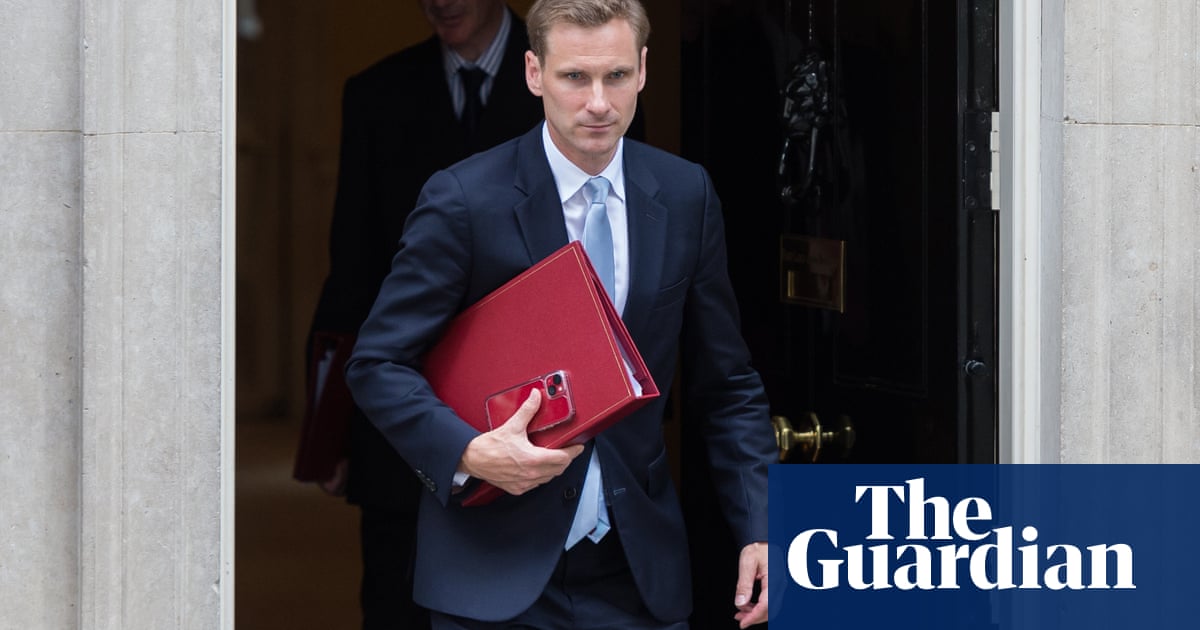“It is not spoken about much but if you look at almost any member of parliament they will have had an experience like this, I think the Nigel Farage case is an extreme one, but I’m afraid it’s not unique,” Philp told Sky News on Wednesday.
Asked if he had faced difficulties accessing financial services, Philp said his family had, but declined to go into detail.



They will not have been turned down for a bank account, as that would be illegal under EU rules that we have retained. They will have been refused the extra services some banks can offer because they are being shown as a liability. You cannot ask someone to invest with you, and risk their own cash with things hanging over your head that may cost them money.
This type of debanking is a failure of risk management, not a consequence of it. Many banks’ systems aren’t measuring risk in a sophisticated way, they’re just applying a bunch of crude rules.
I very much doubt you will find any industry that does not do that once a company hits a certain size.
Banking isn’t really similar to other industries. Banks are licensed by the government and much more tightly regulated. They’re required to actively monitor and prevent money laundering, and regulators expect them to do this competently.
The practice of debanking potentially risky customers that may be more expensive to monitor is a known phenomenon and one that’s frowned upon by regulators, precisely because it reveals a poor approach to risk management. Banks also abuse these rules to debank potential competitors, like digital banks and payment firms.
Here’s one regulator’s view: https://www.fca.org.uk/firms/money-laundering/derisking-managing-risk
All industries have rules they have to follow. My point was that when they grow above a certain size that things get hidden, which leads to incompetence. It is a flaw in a capitalist system that no one wants to be known for that big mistake that cost the company money.